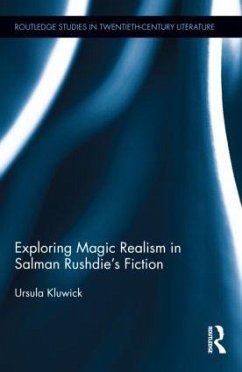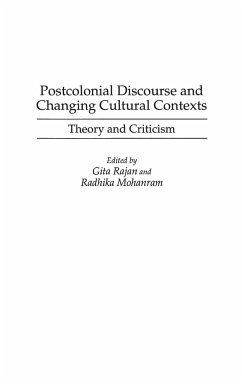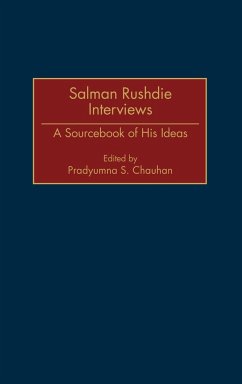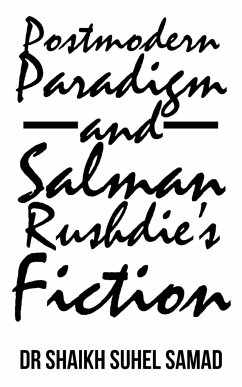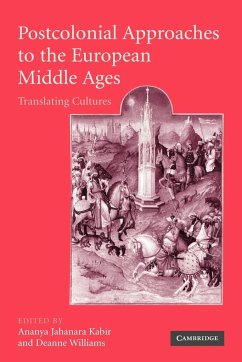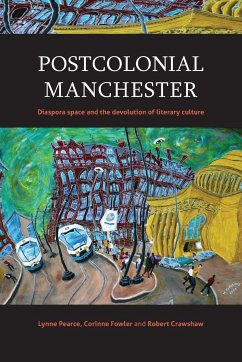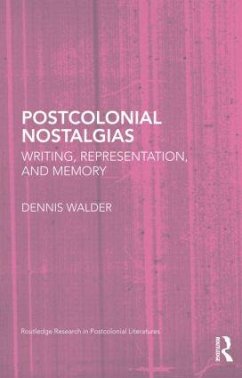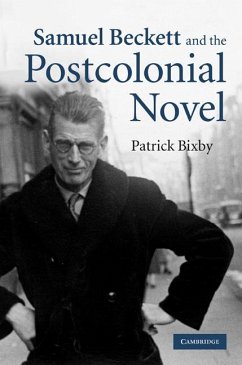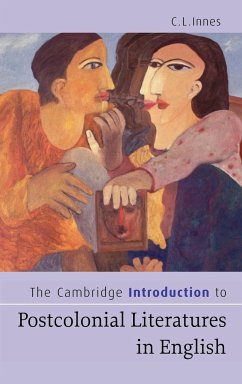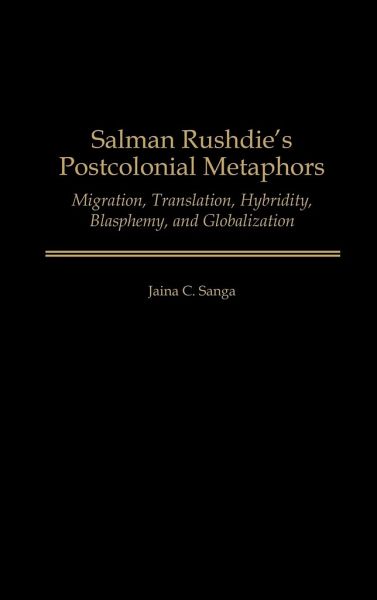
Salman Rushdie's Postcolonial Metaphors
Migration, Translation, Hybridity, Blasphemy, and Globalization
Versandkostenfrei!
Versandfertig in 1-2 Wochen
70,99 €
inkl. MwSt.

PAYBACK Punkte
35 °P sammeln!
Metaphors allow us to describe something new in terms of the familiar. They are culturally and ideologically grounded and help structure language, thoughts, and attitudes. The network of empire building was sustained through a system of metaphors that saw and depicted the colonizer as superior, powerful, and beneficial, and the indigenous population as deviant and primitive. Colonial metaphors included such images as bringing light to dark, barbaric places; journeying to uncharted lands; and educating ignorant natives. This volume studies how Salman Rushdie reworks and reimagines colonial meta...
Metaphors allow us to describe something new in terms of the familiar. They are culturally and ideologically grounded and help structure language, thoughts, and attitudes. The network of empire building was sustained through a system of metaphors that saw and depicted the colonizer as superior, powerful, and beneficial, and the indigenous population as deviant and primitive. Colonial metaphors included such images as bringing light to dark, barbaric places; journeying to uncharted lands; and educating ignorant natives. This volume studies how Salman Rushdie reworks and reimagines colonial metaphors in his postcolonial novels. The book looks at five overarching metaphors in Rushdie's writings: migration, or the transfer of people and their ideologies; translation, the process of representing something from one language into another; hybridity, the fusing together of disparate cultural elements; blasphemy, the desecration of sacred beliefs by altering their representation; and globalization, the homogenization of cultures. By reconstructing these metaphors in his novels, Rushdie challenges established colonial ways of understanding the world, undermines imperialist power structures, and introduces alternative visions of reality.



